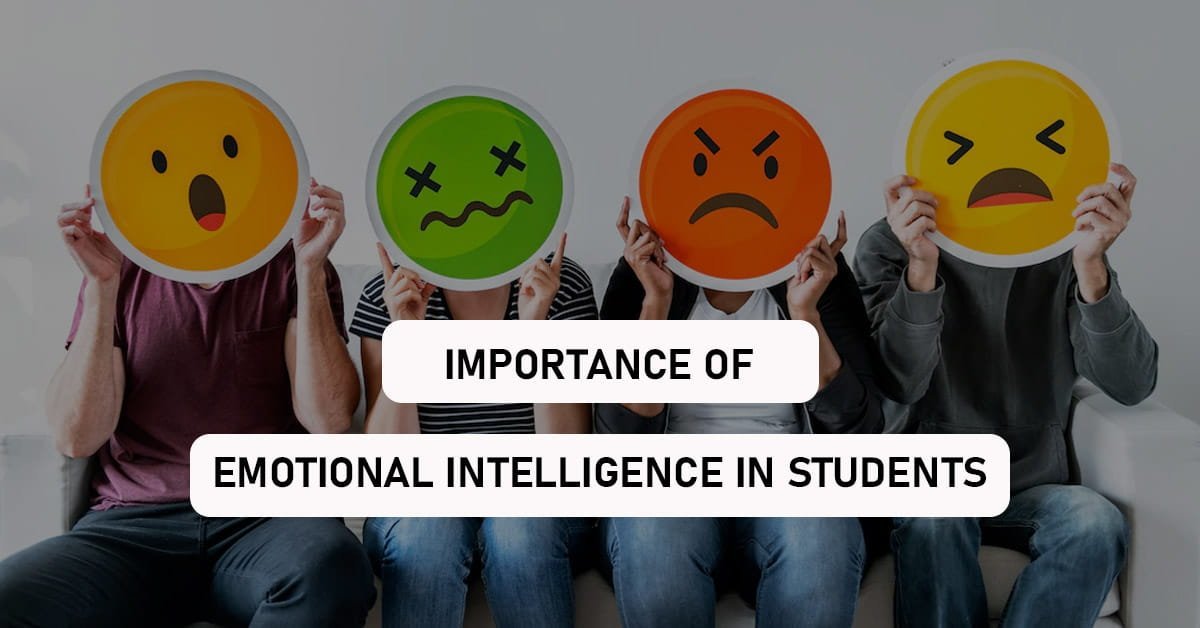Beyond academic achievements, fostering emotional intelligence is pivotal in shaping well-rounded individuals. Emotional intelligence encompasses self-awareness, empathy, social skills, and self-regulation. In educational settings, nurturing emotional intelligence equips students with essential life skills, preparing them to navigate complex social landscapes and thrive in diverse environments.

Educators play a fundamental role in fostering emotional intelligence. By creating inclusive and supportive classrooms, they provide a safe space for students to express themselves and develop empathy. Teaching emotional regulation techniques and conflict resolution strategies empowers students to manage stress and build healthy relationships, essential skills for personal and professional success.
In conclusion, integrating emotional intelligence into education cultivates individuals who not only excel academically but also exhibit empathy, resilience, and strong interpersonal skills. As the world becomes increasingly interconnected, the value of emotional intelligence in shaping empathetic and adaptable global citizens cannot be overstated.







